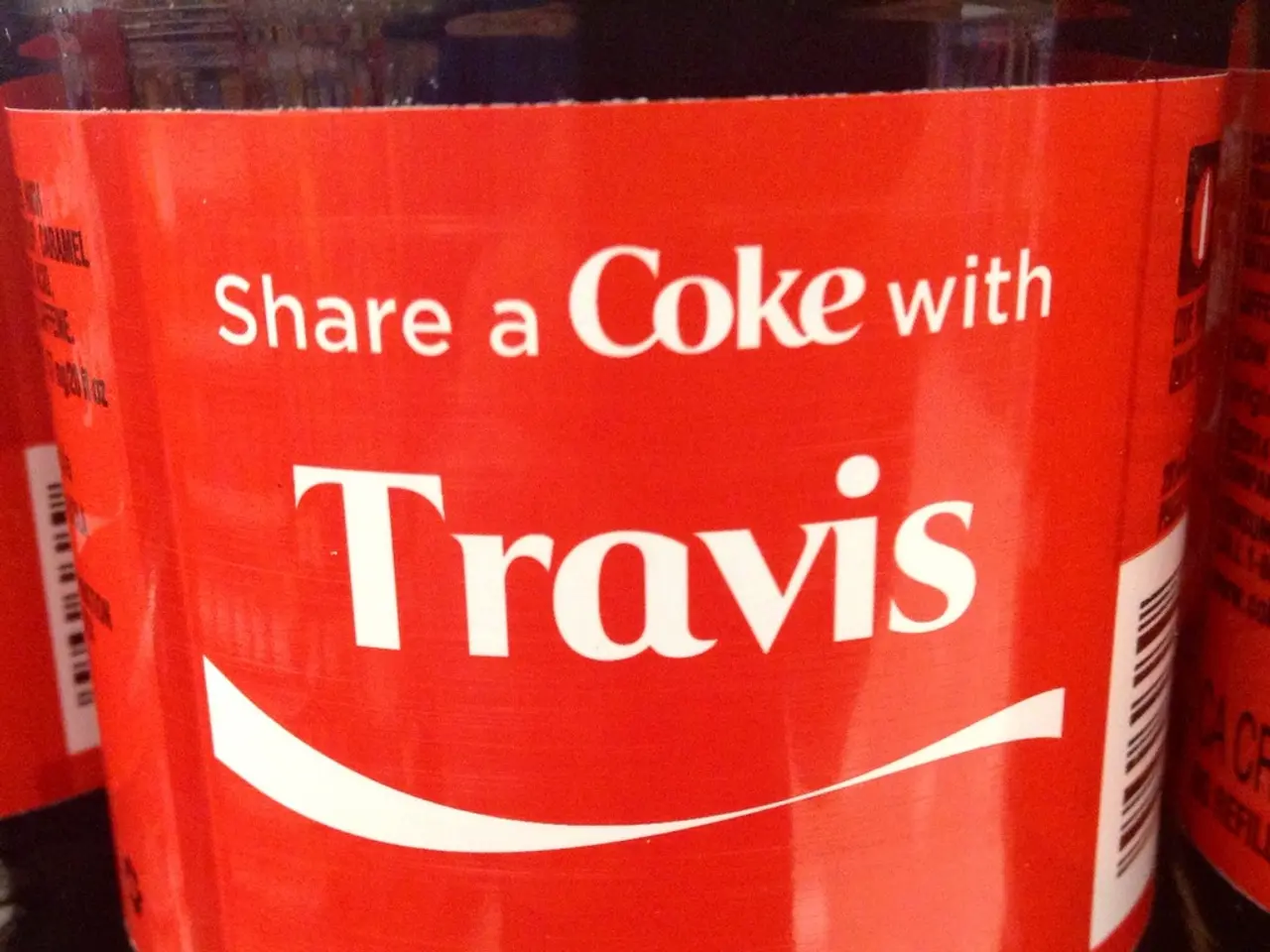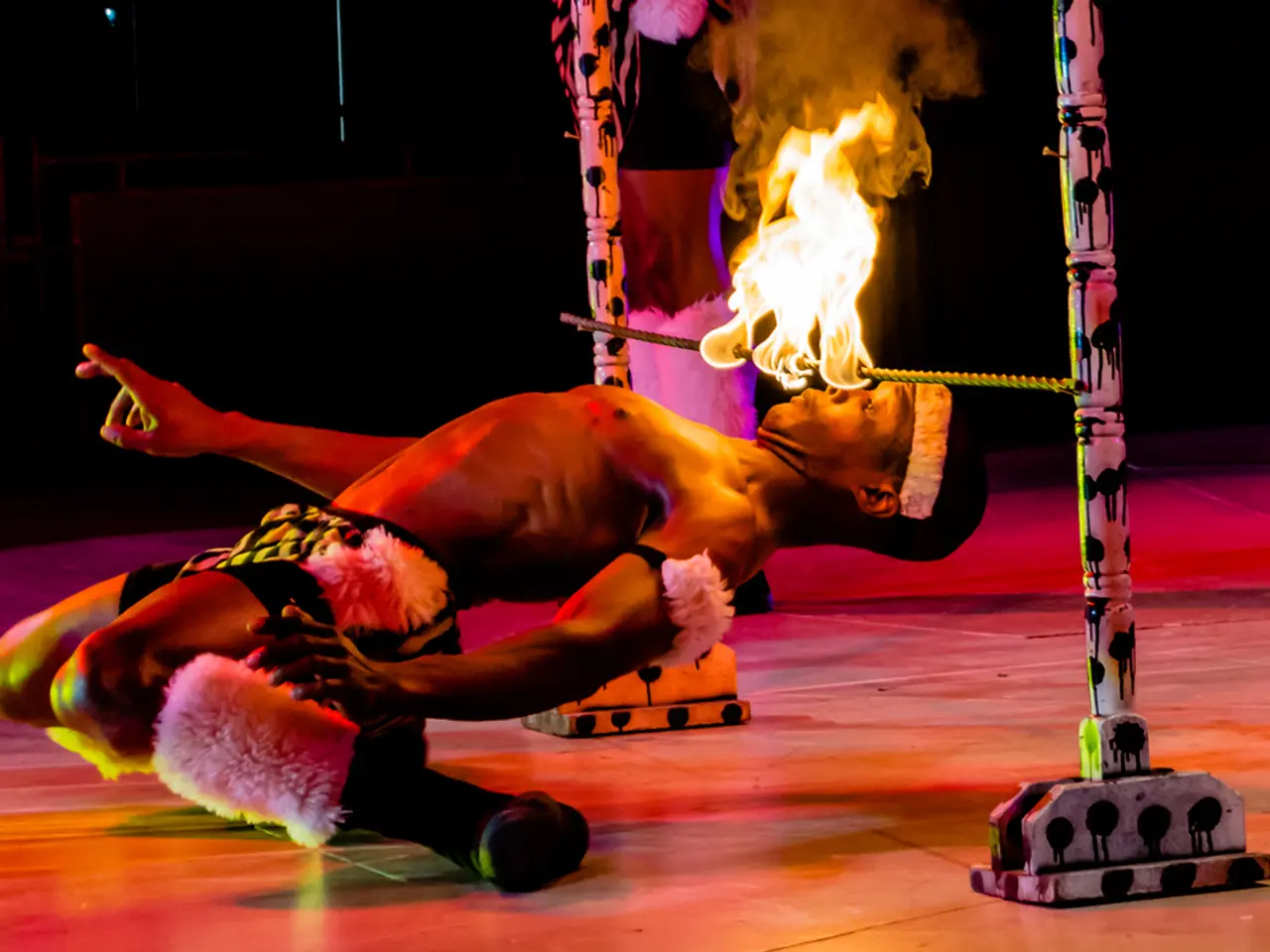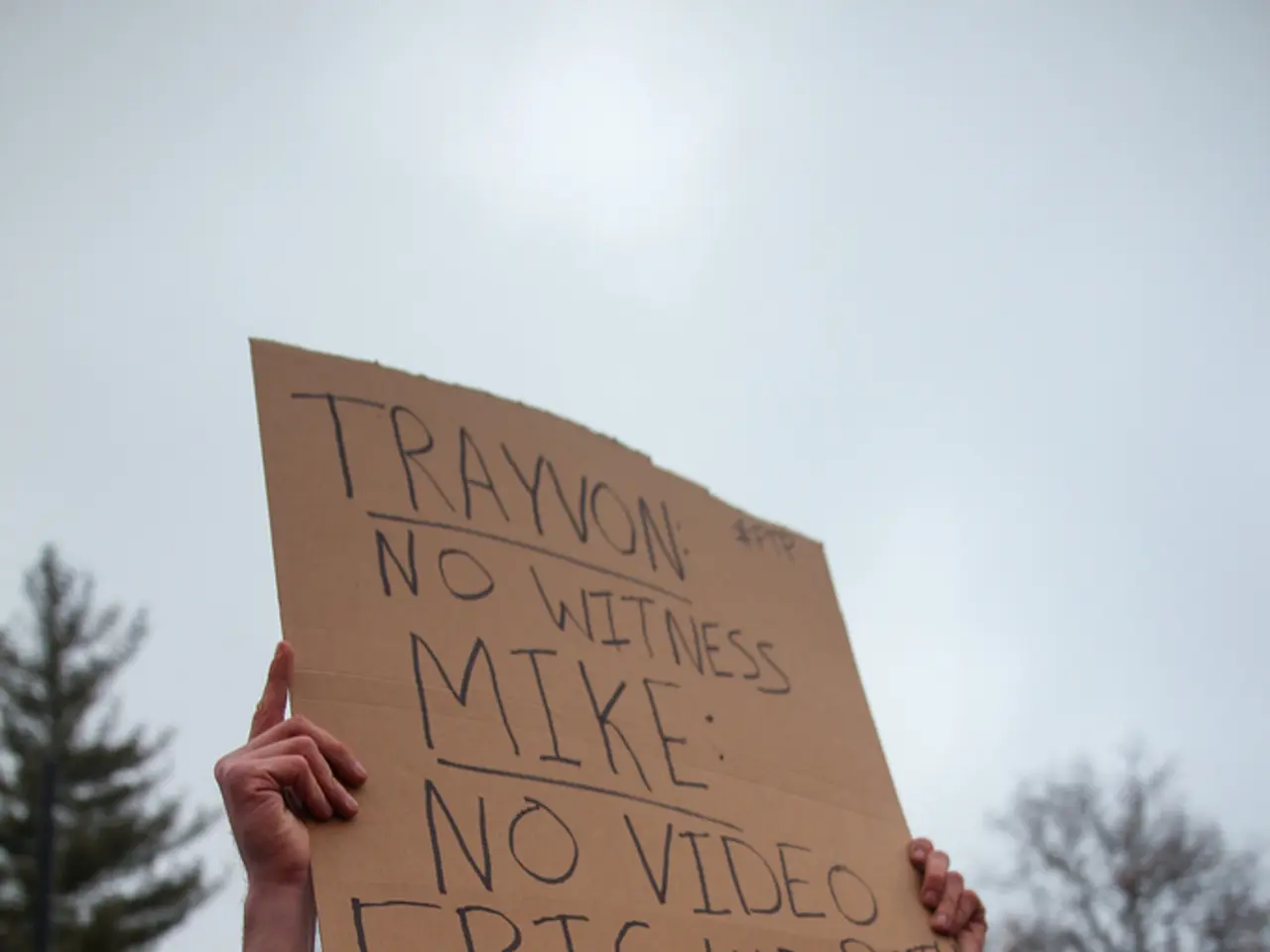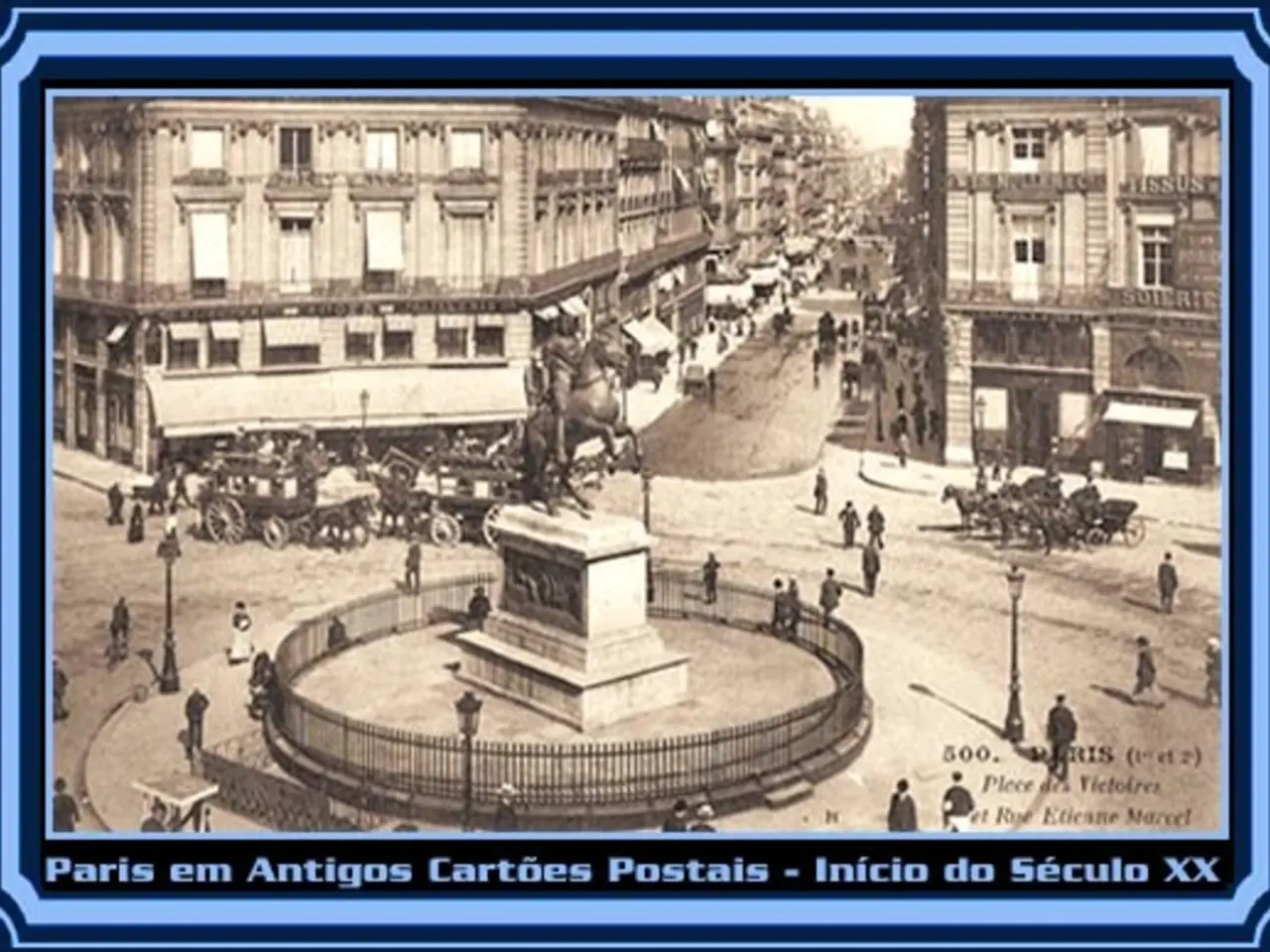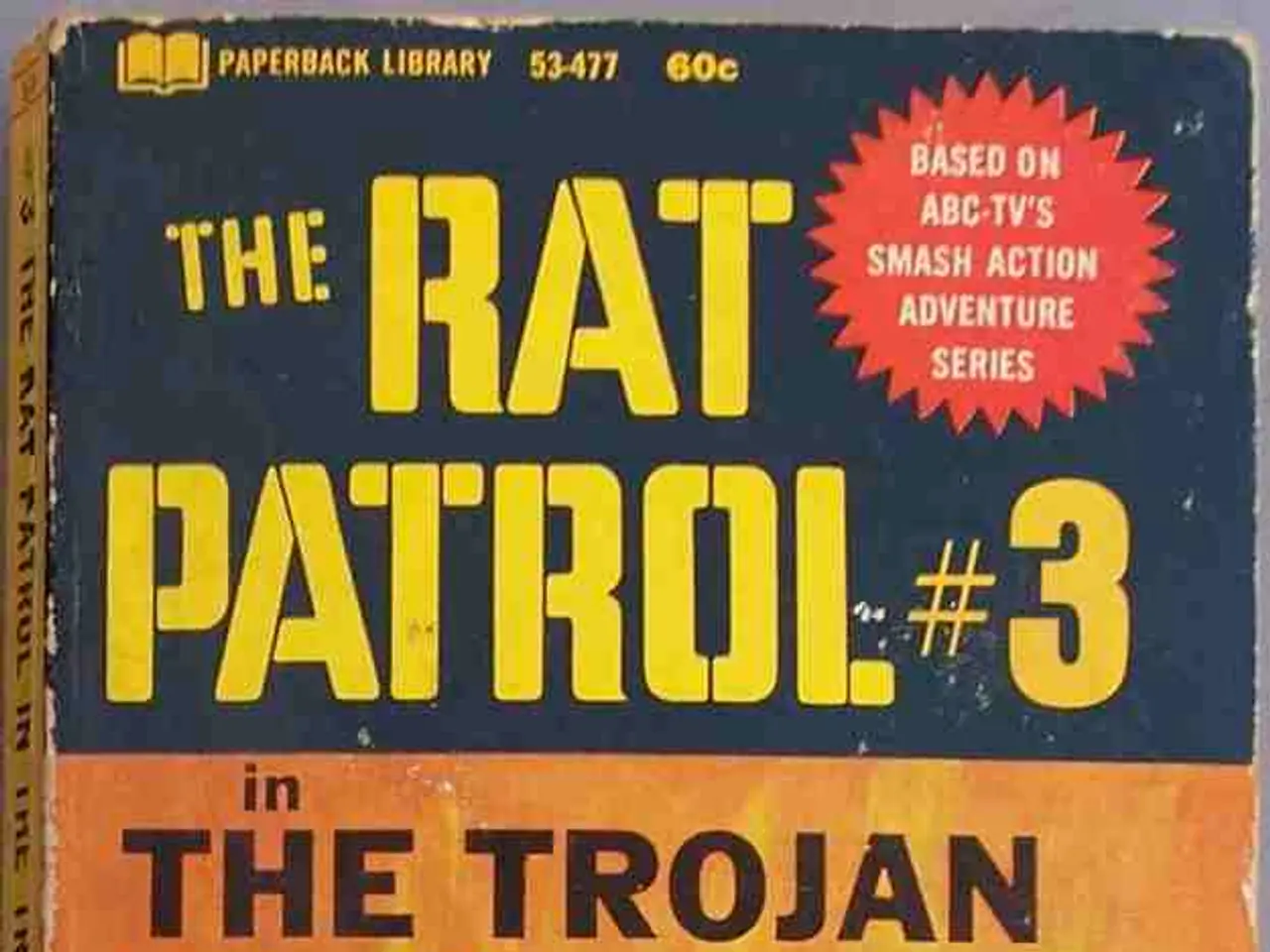Colombian Government Engages in Dialogue with Drug Syndicate, Clan del Golfo - Discussion between Colombian authorities and Clan del Golfo, a significant drug cartel, taking place.
The Colombian government, under the leadership of President Gustavo Petro, has embarked on a unique approach to tackle the country's longstanding drug cartel issue. The focus is on the Clan del Golfo, Colombia's most powerful drug cartel with an estimated 7,500 members.
President Petro, a former guerrilla himself, has initiated preliminary talks with the cartel outside Colombia. This marks a fresh attempt to negotiate with a group historically perceived as a major security threat. The Clan del Golfo is demanding political recognition similar to guerrilla groups, a demand that has been widely rejected by critics.
The government's strategy includes a controversial bill offering reduced prison sentences and protection from extradition for criminal groups that disarm. However, it is yet to be confirmed as law and the bill does not specify if it applies only to the Clan del Golfo or other drug cartels as well.
Despite these peace overtures, past attempts since Petro took office in 2022 have failed to yield lasting agreements. Meanwhile, coca cultivation in Colombia has reached record levels, with UN estimates putting production at 253,000 hectares. This has led the military to intensify operations against trafficking and processing infrastructure.
The Clan del Golfo emerged from former paramilitary groups and is the world's largest cocaine producer. Despite the 2016 peace agreement signed by Farc, armed conflicts have persisted in Colombia for six decades. The cartel's activities primarily revolve around drug trafficking, and their operations have significant impacts on Colombia's and the world's drug market.
The U.S. government designated the Clan del Golfo as a "terrorist" organization in February. The implementation of the bill could potentially impact Colombia's ongoing armed conflicts and drug trafficking activities. By gaining recognition, the members of Clan del Golfo aim to secure legal advantages similar to those granted to demobilized guerillas and paramilitaries.
However, it is still uncertain if these negotiations will lead to reductions in cocaine production or clear improvements in security conditions. The long-term effects remain to be seen.
[1] Source: BBC News, "Colombia's Clan del Golfo drug cartel: Who are they?", 2021. [2] Source: Reuters, "Colombia's Gustavo Petro offers amnesty to drug traffickers in peace bid", 2022.
In the scope of President Gustavo Petro's efforts to address Colombia's drug cartel problem, the Colombian government is conducting talks with the Clan del Golfo, aiming to negotiate with a historically perceived as a major security threat. Meanwhile, the Clan del Golfo is demanding political recognition akin to guerrilla groups, a demand that has met criticism in the politics, general-news, and crime-and-justice sectors.
